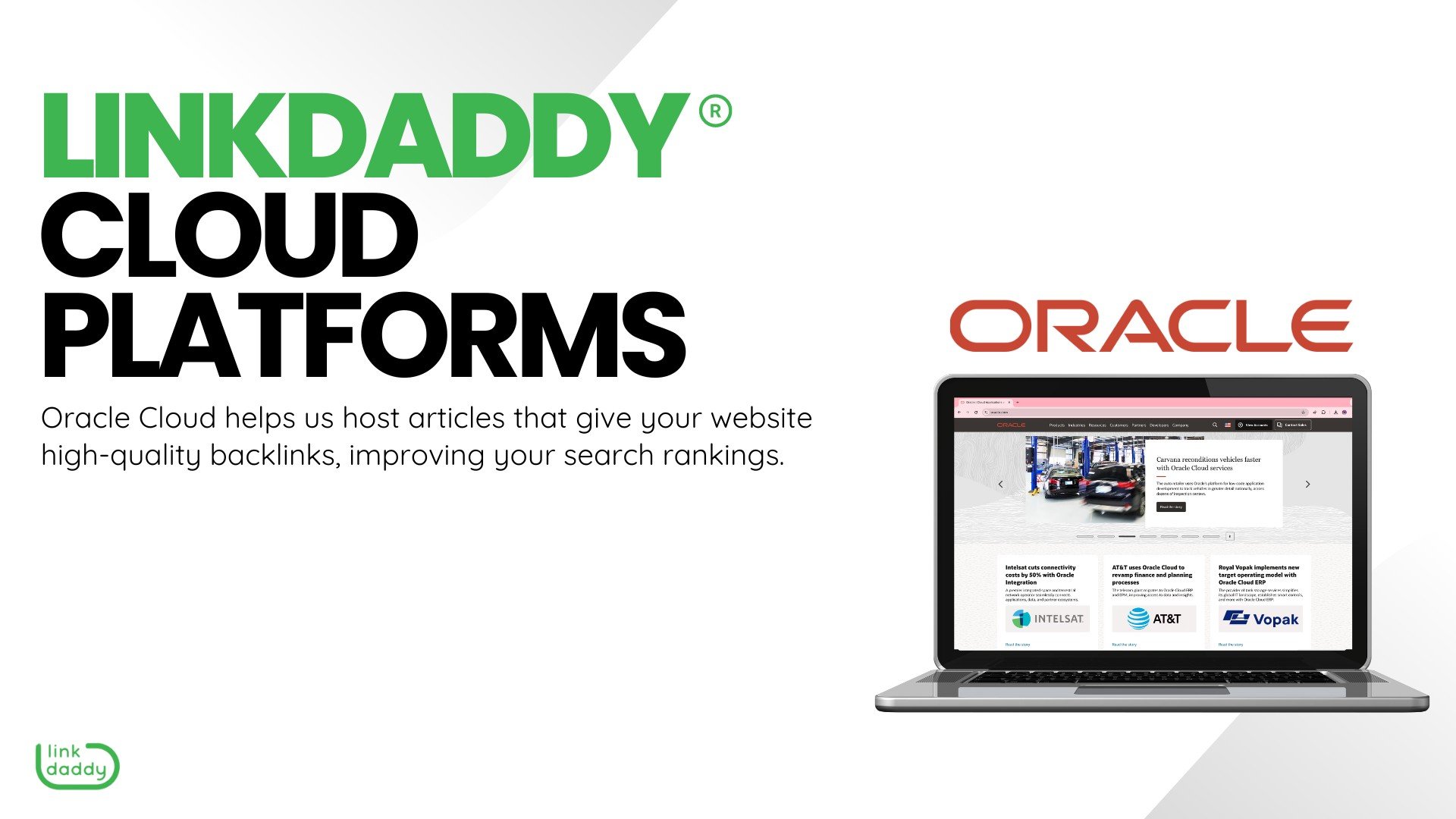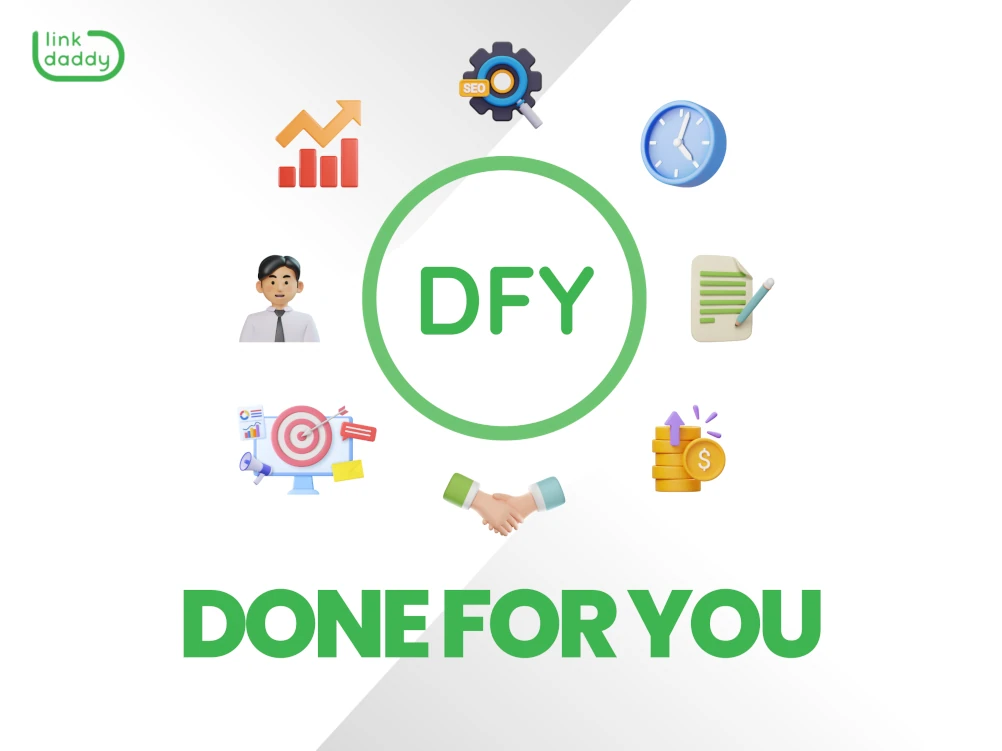Understanding the Various Kinds Of Cloud Providers and Their Uses
From Framework as a Service (IaaS) to Software as a Service (SaaS), each kind of cloud solution offers a distinct function and gives distinct benefits. By exploring the nuanced capabilities and applications of each cloud solution, one can browse the intricacies of cloud computer with accuracy and insight.
Infrastructure as a Solution (IaaS)
Framework as a Service (IaaS) supplies customers with virtualized computer sources over the internet on a pay-as-you-go basis. This cloud computer design supplies vital IT infrastructure such as online machines, storage space, and networking without the demand for companies to invest in and manage physical web servers and data facilities. With IaaS, individuals can scale sources up or down based upon their demands, using adaptability and cost-efficiency.
Among the vital benefits of IaaS is its ability to rapidly stipulation and deploy framework elements, enabling businesses to respond quickly to transforming needs and market conditions. By outsourcing facilities monitoring to the company, companies can concentrate a lot more on their core service tasks instead of handling the complexities of equipment upkeep and upgrades.
Additionally, IaaS provides a high degree of dependability and safety, with providers usually providing robust data backup, calamity recovery, and cybersecurity actions. This helps make sure that crucial business procedures continue to be uninterrupted and data continues to be safeguarded versus potential dangers. linkdaddy cloud services press release. Overall, Framework as a Solution improves IT operations, improves scalability, and decreases funding expenditures for services of all dimensions
System as a Service (PaaS)
Structure upon the structure of Facilities as a Solution (IaaS), System as a Solution (PaaS) offers an extensive environment for designers to develop, release, and handle applications without the intricacies of underlying framework management. PaaS supplies a platform with devices and services that streamline the development process, enabling programmers to concentrate on writing code and structure applications as opposed to managing infrastructure worries.

Software as a Service (SaaS)
Software Program as a Solution (SaaS) transforms the method services access and make use of software application applications by supplying them on a subscription basis via cloud service providers. This cloud computer version eliminates the need for organizations to keep and set up software program on specific tools, as everything is hosted and handled centrally in the cloud.
SaaS offers a cost-efficient service for services as they just spend for the software they utilize without the included costs of equipment maintenance or software application updates. It likewise offers scalability, allowing business to easily adjust their software application needs based click to read more on their requirements.
In addition, SaaS applications can be accessed from any type of tool with an internet connection, advertising collaboration and adaptability amongst remote groups. Safety is a top priority in SaaS, with service providers implementing durable procedures to safeguard information saved in the cloud.
Popular examples of SaaS consist of consumer partnership monitoring (CRM) software program like Salesforce, performance tools like Microsoft Workplace 365, and collaboration platforms like Google Work area. SaaS remains to acquire grip in business globe as a result of its scalability, cost-efficiency, and convenience.
Function as a Service (FaaS)
With the advancement of cloud solutions like Software application as a Service (SaaS) enhancing software program distribution, Function as a Solution (FaaS) represents a standard shift in how code is implemented in a serverless atmosphere. FaaS permits programmers to create and carry out private functions or items of code in action to specific events without the need to handle the framework. This serverless computing version allows developers to focus entirely on creating code to execute specific capabilities, without concerning themselves with the underlying infrastructure or server monitoring.
Among the key benefits of FaaS is its capability to scale instantly based upon the inbound work. Functions are executed in stateless containers that are rotated check these guys out up and down as required, making sure optimal source utilization and cost-effectiveness. FaaS is particularly useful for event-driven and microservices designs, where code execution is set off by events such as HTTP demands or database updates. By abstracting the framework layer, FaaS streamlines development, increases time to market, and enhances general agility in releasing cloud-native applications.
Storage as a Solution (STaaS)
A basic element in cloud computer, Storage space as a Solution (STaaS) offers users with a efficient and scalable remedy for taking care of data storage space demands. STaaS allows organizations to store and fetch information from remote servers by means of the internet, eliminating the demand for on-premises equipment. This solution supplies adaptability by enabling users to pay just for the storage they make use of, making it a cost-effective option for businesses of all dimensions.

STaaS is specifically beneficial for organizations with rising and fall storage needs, as it gives a protected and dependable storage option without the requirement for significant upfront financial investments. By leveraging STaaS, companies can enhance their data monitoring processes, improve access, and boost information security in an inexpensive fashion.

Final Thought
Finally, comprehending the various kinds of cloud solutions and their uses is vital for services and individuals seeking to utilize the benefits of cloud computing. Each sort of cloud service offers unique benefits and functionalities, satisfying specific requirements and needs. By using the best cloud solution, companies can boost their efficiency, scalability, and versatility in handling their IT infrastructure and applications. It is vital to assess the details demands and objectives before picking the proper cloud solution for optimum efficiency.
From Infrastructure as a Service (IaaS) to Software Program as a Solution (SaaS), each kind of cloud service offers a distinct purpose and offers distinct advantages. universal cloud Service. By discovering the nuanced performances and applications of each cloud solution, one can browse the intricacies of cloud computing with accuracy and foresight
With the development of cloud services like Software as a Solution (SaaS) improving software application delivery, Feature as a Solution (FaaS) represents a paradigm shift in exactly how code is carried out in a serverless atmosphere.In final thought, understanding the different types of cloud services and their uses is necessary for companies and individuals looking to utilize the advantages of cloud computing. By making use of the appropriate cloud service, companies can improve their efficiency, scalability, and versatility in managing their IT facilities and applications.